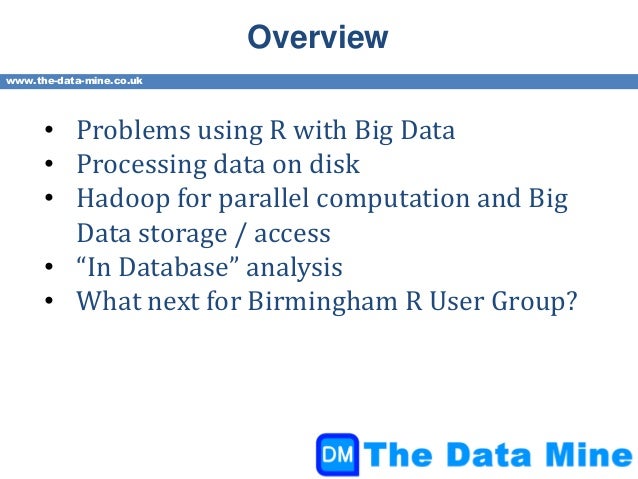

This process ensures the user’s privacy is preserved without providing the company any identifying information about the user whatsoever.Īn even more secure way to verify age would be to have a third-party employ a cryptographic technique known as zero knowledge proof (ZKP), which offers the possibility of anonymous authentication, thus avoiding the threat to privacy altogether. Companies operating age-restricted platforms could contract with a third-party to collect the information needed, and then in a two-step process the third-party can either verify directly to the platform or provide a user with a key, showing they satisfy the age requirement, to enter the site. In recent years, a large number of age-verification companies, have emerged to offer such third-party services to companies offering internet products aimed at minors.
#Big r online verification
The first model of age verification would be a third-party using traditional methods like collecting information from the user such as financial credentials or government-issued ID.

From a constitutional perspective, these methods would also diminish the potential burden on speech. These methods ensure that verification information is not surrendered to the platform itself. Proposals are already out there to create a global registry of our retinal scans to obtain “proof of humanity.” It appears that as long as AI is operative, some form of identity verification will be necessary.īut there are viable alternatives to surrendering to the panopticon that address valid concerns about protecting user privacy by relying on a third-party. Hypocrisy aside, it is likely that online platforms will come to require authentication anyway in order to confirm the humanity of users to ensure they are not being hoodwinked by AI or bots. Ironic, given the extreme privacy risks and potential abuses that biometric verification uniquely poses. In 2022, the corporate colossus proudly announced that in an effort to make their products safer it was introducing biometric age verification, setting the stage, the company hoped, for further adoption across its platforms. Consider the case of Meta and Facebook Dating. No one knows more about us-where we spend our time, what we like, who our friends are, even our financial information-than the Big Tech companies.Īnd Big Tech’s argument is disingenuous for a further reason: one and the same companies are actively experimenting with their own age-verification technologies. Of course, Big Tech’s concern for “protecting user privacy” is just a mirage. Unfortunately, these arguments are gaining traction, scaring many on both the right and left away from supporting this strong federal bipartisan bill or the state efforts that are poised to bring substantial relief to teens and their families. They make these arguments against both the state laws and a federal bill modeled after them, the Protecting Kids on Social Media Act, which would require age verification for social media nationally.

Sensing their weak legal position-particularly with the age-verification laws for social media, which regulate children’s ability to contract online, not speech-the Big Tech lobbyists are now shifting from a legal defense to a policy argument: that age verification will destroy user privacy. ACLU) “ the Internet is not as ‘invasive’ as radio or television,” and “sers seldom encounter content by accident.” To prove the point, a recent report by Common Sense Media found that more than half of today’s teens (58 percent) have encountered pornography accidentally. But these precedents-which informed the 2004 Supreme Court ruling in ACLU v. Ashcroft , striking down a federal law requiring age verification for pornography sites-are based on factual predicates that are now demonstrably false-such as (per Reno v. The platforms argue, relying on Supreme Court precedents from the 1990s, that these laws are unconstitutional. By giving parents greater control over their kids’ exposure to social media and pornography, with their documented ill effects, these laws will improve kids’ lives.īut for these laws to prevail, age verification must be shown to be both effective and capable of preserving user privacy. 152, Arkansas, Louisiana, Texas and Virginia have all passed laws requiring parental consent and age verification for minors to open social media accounts or access pornography. In the past year, starting with Utah’s Social Media Regulation Act, S.B. State legislatures are leading a revolution to transform the experience of the internet, and with it, American childhood.


 0 kommentar(er)
0 kommentar(er)
